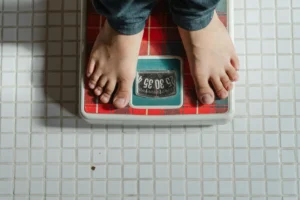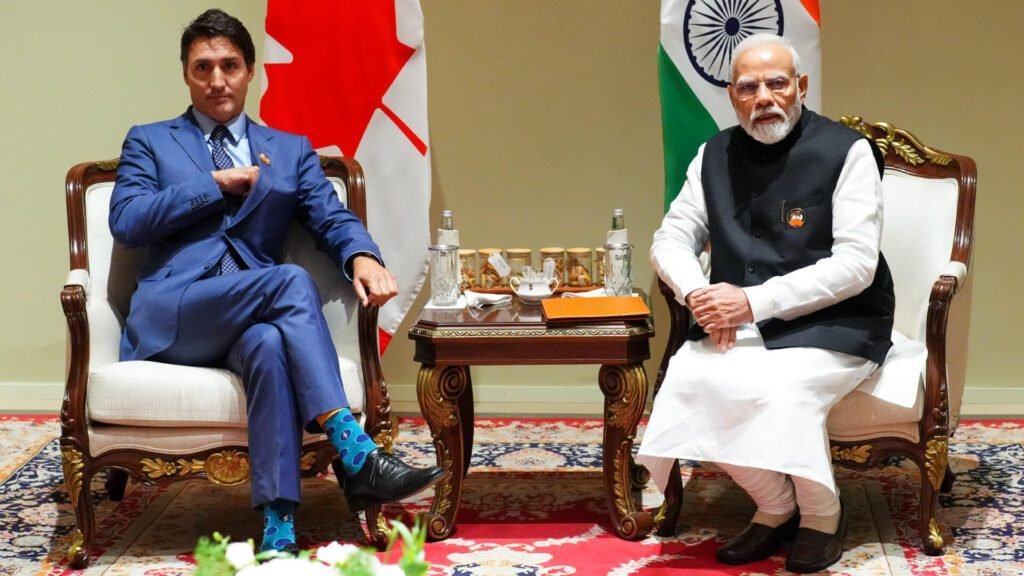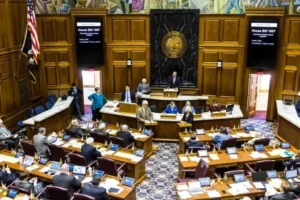An India Canada diplomatic row broke out when the Indian government stated that it’s pulling it’s senior ambassador and other diplomats from Ottawa. The Canadian government claims they were suspects in the death of Sikh separatist leader Hardeep Singh Nijjar. Relations have been tight since Prime Minister Justin Trudeau declared that Canadian intelligence had strong evidence connecting Indian operatives to Nijjar’s murder.
In July 2020, India labeled Nijjar as a “terrorist” for his support of a sovereign Khalistani nation. India has repeatedly demanded proof from Canada to support its assertions that Indian operatives were involved in his murder. India has consistently rejected it’s involvement.
On Monday, India’s Ministry of External Affairs summoned the Canadian acting ambassador to protest the unacceptable targeting of the Indian high commissioner and other diplomats. The Canadian government released a statement informing the Indian high commissioner and other ambassadors that they were the subjects of an investigation into possible wrongdoing. Due to a federal holiday, the Global Affairs Department decided not to comment on these events. Hence, the Canadian government has not yet released a public statement in response.
The Canadian government made political claims that the Indian minister vehemently denied. Canada disregarded many requests for proof. While Trudeau was in government, violent radicals and terrorists reportedly intimidated and harassed Indian officials and diplomats, according to India. In October 2023, Ottawa withdrew more than 40 diplomats in response to India’s demand that Canada reduce its diplomatic presence.
A panel of parliamentarians identified China and India as Canada’s biggest democratic concerns earlier this year. Western governments seek closer ties with New Delhi to counter China’s influence. Consequently, incidents like the assassination plans against the Sikh separatist leader impact relations with India.










